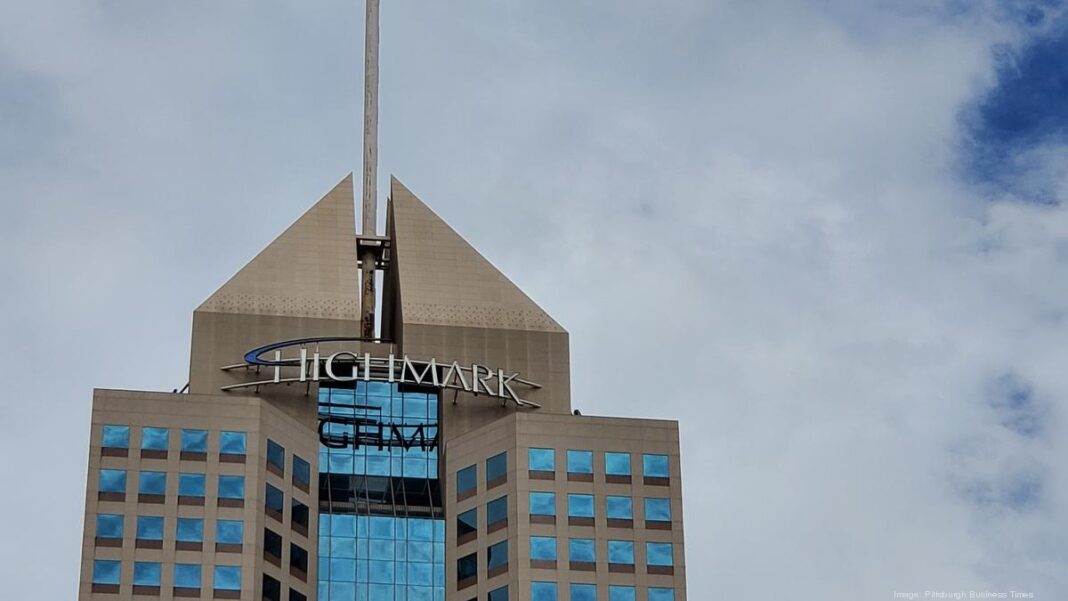While the human arsenal has proven itself to be pretty much limitless, it still doesn’t possess anything more valuable than that tendency of ours to grow on a consistent basis. This is because the stated tendency has already enabled us to hit upon some huge milestones, with technology appearing as a major member of the group. The main reason why we hold technology in such a high regard is down to its skill-set, which ushered us towards a reality nobody could have ever imagined otherwise. Nevertheless, if we are being honest, the whole runner was also very much inspired by the way we applied those skills across a real world setting. The latter component was, in fact, what gave the creation a spectrum-wide presence, including a timely appearance on our healthcare block. Technology’s foray into healthcare was a moment so notable, as it came right when the sector was beginning to struggle against its obsolete structure. This reality, fortunately for us, went through a complete overhaul under the new regime, but even after achieving such a monumental feat, the emerging medtech concept will somehow keep on producing all the right goods. The same has only become more and more apparent over the recent past, and truth be told, a newly-launched program should do a lot to make that trend bigger and better moving forward.
Highmark Health, a national health and wellness organization based in Pittsburgh, Pennsylvania, has officially launched a new program, which is designed to address food insecurity and provide eligible members with medically-tailored meals. According to certain reports, the stated program will last for around six months, and during that period, it is expected to serve more than 1,000 Highmark insurance members who are suffering from some sort of a chronic health condition, while also being at high-risk of food insecurity. The conditions that are eligible here include chronic kidney disease, congestive heart failure, hypertension, and diabetes etc. But how will the whole operation work? Well, the eligible members will receive upto two meals every day, meals that are going to be tailored around the nature of their condition. Apart from it, Highmark will even provide them with all the necessary education in terms of cultivating a healthier lifestyle. Hold on, there is more. Now, food insecurity is certainly the centerpiece of this program, but at the same time, it is equipped to reduce other areas of health inequity as well.
“When we engage the member and realize that they’re food insecure, we’re also assessing for other health-related social needs,” said Nebeyou Abebe, senior vice president of social determinants of health at Highmark Health. “This person could have transportation issues or be dealing with housing issues or domestic violence. That presents another opportunity for our social worker to have a conversation with a member.”
In order to ensure that the program is having the desired impact, Highmark will track members’ level of engagement, and this particular information will be combined with other critical details, such as the patient’s clinical measurements like blood sugar, and their emergency room visits.
Beyond the clinical outcomes, though, the program is also likely to reduce healthcare costs by a meaningful margin.
“We believe that it could easily result in obviously improved health, which is the most important. But also a reduction in total cost of care, somewhere between 10-16% … Our goal in this is to identify, is this the kind of benefit we could provide longer term?” said Tracy Saula, senior vice president of product and health experience at Highmark Health.


















